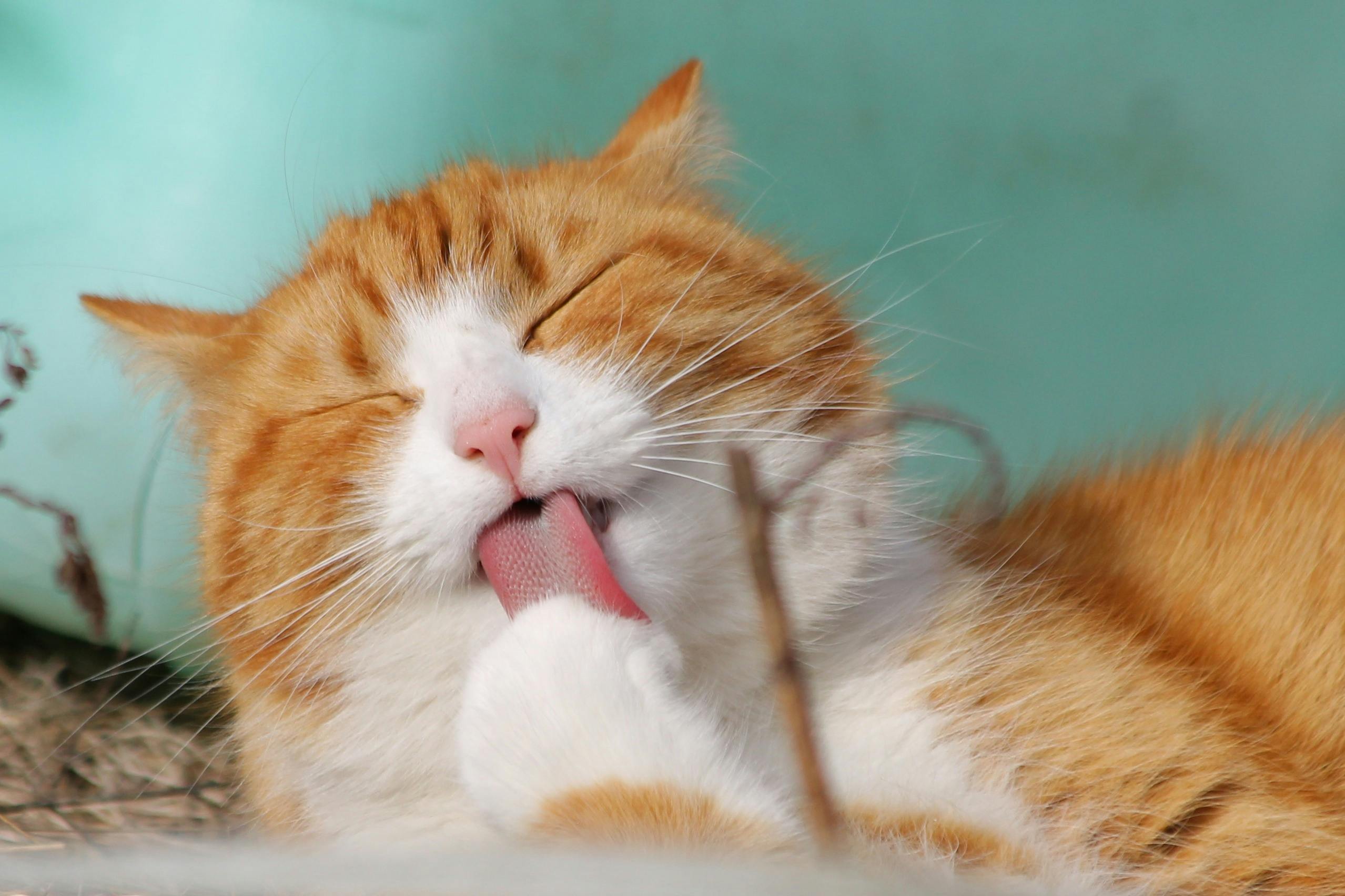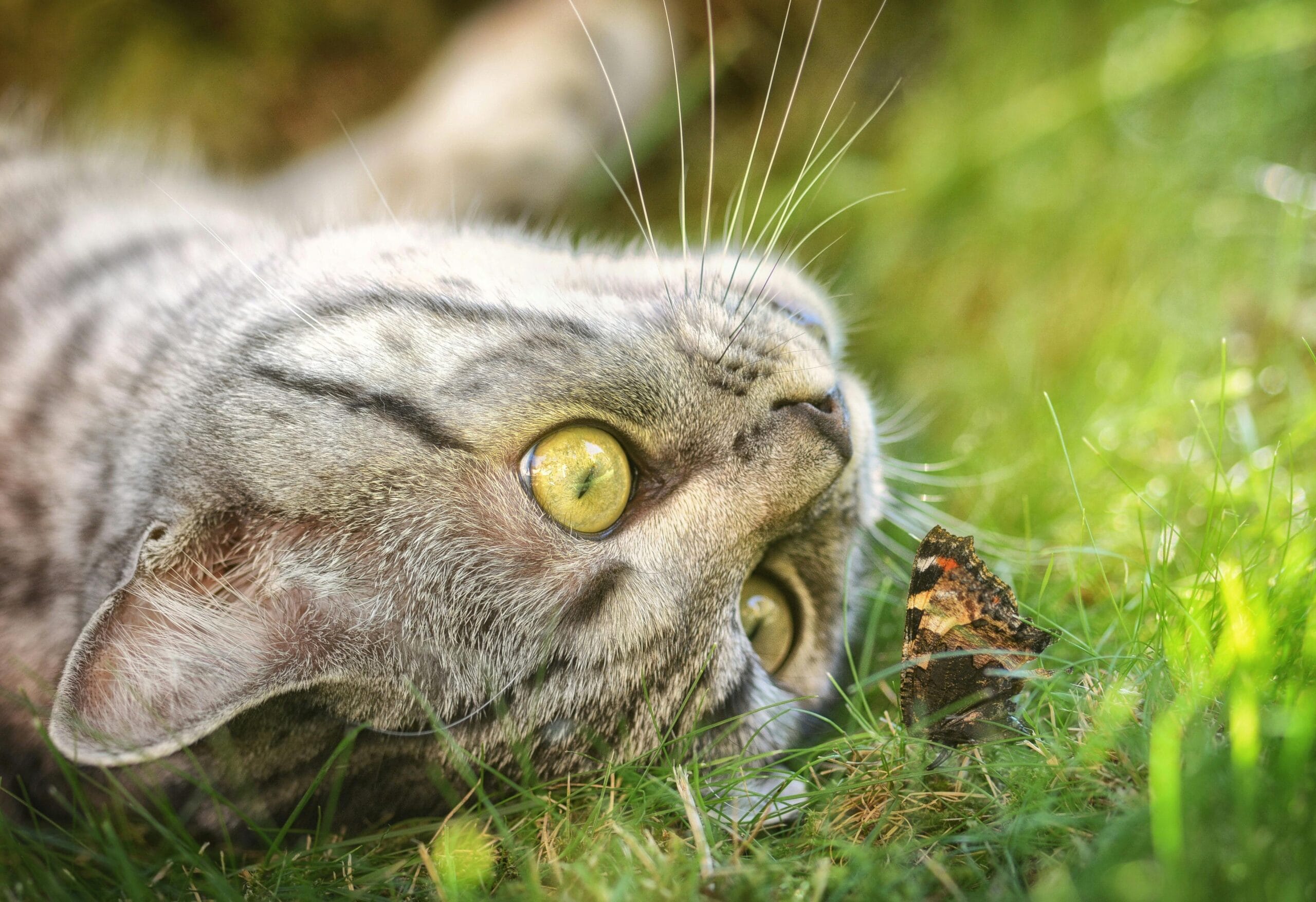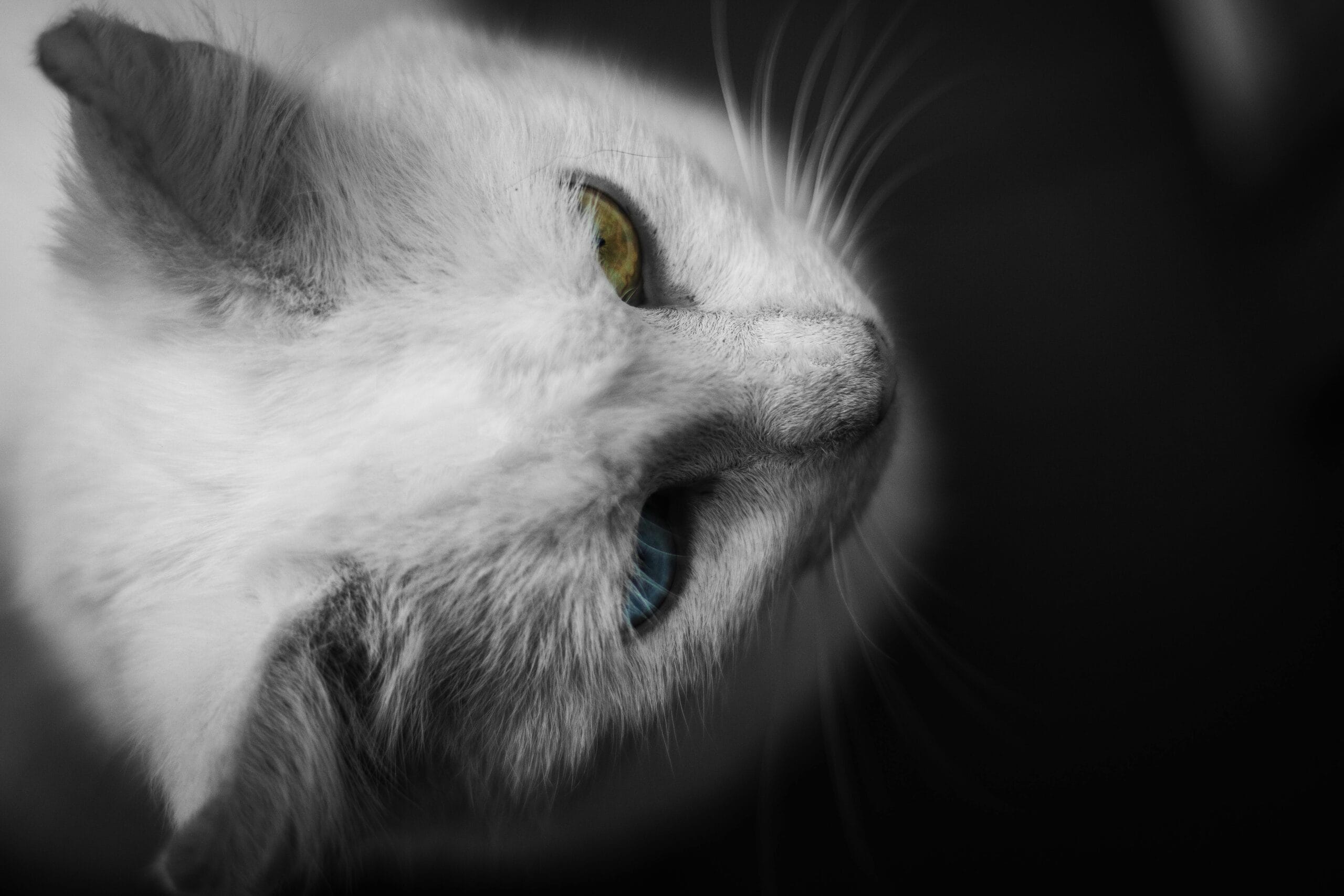How Long Does A Cat Hold A Grudge ?

How long does a cat hold a grudge? Discover the surprising truth about cat grudges and whether your feline friend really does hold onto past grievances. Do cats hold grudges? Find out now! Cat grudges explained.
How Long Does a Cat Hold a Grudge? Unraveling Feline Forgiveness
The age-old question that plagues cat owners everywhere: Do cats hold grudges? And if so, how long does a cat hold a grudge? The answer, unfortunately, isn’t a simple one. Unlike humans who might explicitly express resentment, feline feelings are more subtle, making it challenging to definitively determine the duration of their perceived grudges. This article delves into the fascinating world of feline behavior, exploring the science behind their seemingly unforgiving nature and providing insights into how to better understand your cat’s actions after a perceived slight. We’ll cover various scenarios and explore the question of cat grudges in detail.
Understanding Feline Memory and Emotions
Before we tackle the central question of “How long does a cat hold a grudge?”, it’s crucial to understand a cat’s cognitive abilities. Cats possess a remarkable memory, especially concerning their environment and experiences. They can remember routines, locations of food and water, and even the faces of people they interact with regularly. This strong memory plays a role in their potential to “hold grudges,” as they might associate specific individuals or events with negative feelings.
However, feline emotions aren’t expressed in the same way as human emotions. While cats don’t hold grudges in the same conscious, deliberate way humans do, they can certainly exhibit behaviors that suggest lingering resentment. These behaviors can range from subtle avoidance to more overt aggression. It’s important to differentiate between a simple aversion to a specific situation (like a disliked grooming experience) versus a prolonged “grudge” resulting from a deliberate action against the cat.
Signs Your Cat Might Be Holding a Grudge
While a definitive answer to “Do cats hold grudges?” is complex, certain behaviors strongly suggest lingering negative feelings. These aren’t necessarily proof of a grudge, but rather indicators of dissatisfaction or discomfort. Look out for these signs:
- Avoidance: A cat deliberately avoiding a person or place suggests a negative association. This avoidance might be temporary, but prolonged avoidance can indicate lingering displeasure.
- Aggression: Hissing, growling, swatting, or even biting are clear signs of distress and displeasure. If these behaviors are directed consistently towards a specific person after an event, it might be interpreted as holding a grudge.
- Changes in behavior: A usually affectionate cat becoming withdrawn or less playful could signify unresolved negative feelings. This subtle shift in personality requires observation and consideration.
- Body language cues: Flattened ears, a puffed-up tail, and narrowed eyes all suggest a cat is feeling anxious or uncomfortable. These cues might signal a continued negative reaction to a past event.
How Long Does the “Grudge” Last? A Case-by-Case Analysis
The duration of a cat’s negative feelings depends heavily on the severity of the event and the cat’s individual personality. A minor annoyance, like a slightly too-rough petting session, might only result in temporary avoidance. However, a more traumatic event, such as a vet visit or a frightening experience, might lead to longer-lasting negative associations.
Some cats are naturally more forgiving than others. A highly sensitive cat may take longer to recover from negative experiences, potentially exhibiting avoidance or aggression for several days, weeks, or even months. In contrast, more resilient cats might bounce back more quickly, showing less evidence of lingering resentment.
According to a study published in the National Center for Biotechnology Information, cats demonstrate a complex range of emotional responses. While they may not experience “grudges” in the human sense, their memory and capacity for associative learning significantly influence their behavioral responses to past experiences.
The Role of Consistency in Training and Interaction
Addressing the question of “how long does a cat hold a grudge” also requires understanding the impact of consistent training and positive interactions. If you’ve unintentionally caused your cat distress, consistent positive reinforcement, gentle handling, and providing a safe and comfortable environment can help rebuild trust and potentially reduce the duration of any negative feelings.
A positive interaction, like rewarding good behavior with treats or praise, can help override negative associations. It’s crucial to avoid actions that further upset your cat, as this could prolong any perceived “grudge.” Maintaining consistency in your interactions with your cat is key to fostering a positive and trusting relationship.
Differentiating Grudges from Simple Aversion
It’s important to distinguish between a “grudge” and a simple aversion. Cats, like humans, have preferences and dislikes. A dislike of a certain type of food, a specific toy, or even a particular person isn’t necessarily a grudge. A true grudge often involves a past negative experience associated with a specific individual or event. Simple aversions lack the emotional baggage associated with a perceived betrayal or wrongdoing.
Consider the context. Did something specific happen to cause the change in behavior? If you can identify a trigger event that seems directly correlated to the negative behavior, it’s more likely that your cat is demonstrating a lingering reaction rather than just a general dislike. Understanding this nuance is crucial to appropriately addressing the issue.
Seeking Professional Help
If your cat’s negative behaviors persist and significantly impact your relationship, seeking advice from a veterinarian or a certified cat behaviorist is crucial. They can help you identify the underlying cause of the behavior, rule out any underlying medical conditions, and develop a tailored behavior modification plan. This is particularly important if you suspect trauma or a deeper emotional issue is at play. A professional can provide invaluable insights and guidance in addressing your cat’s needs.
Many professional resources are available online and in your local area. The International Cat Care website provides comprehensive information on feline behavior and welfare, offering advice and support for cat owners facing behavioral challenges.
The Mystery of Feline Resentment: A Final Thought
While we may never fully understand the intricate workings of a cat’s mind and the extent to which they truly “hold grudges,” observing their behavior provides valuable insight into their emotional landscape. By recognizing the signs of lingering negativity and responding with patience, understanding, and consistency, we can cultivate strong bonds with our feline companions and potentially minimize the duration of any perceived resentment. Remember that a cat’s actions speak volumes, even if their “grudges” are communicated subtly.
Do Cats Hold Grudges? Share Your Experiences!
Have you ever experienced a situation where your cat seemed to be holding a grudge? How long did it last? Share your experiences and insights in the comments below! Let’s collectively explore the intriguing world of cat grudges and unravel the mysteries of feline forgiveness. Your stories might help other cat owners better understand their furry friends and improve their relationships.

1. How long does a cat hold a grudge? The length of time a cat holds a grudge varies greatly depending on the cat’s personality and the severity of the offense. Some cats may seem to forget quickly, while others might harbor resentment for days, weeks, or even months. It’s difficult to put an exact timeframe on how long a cat grudge lasts.
2. Do cats hold grudges? Yes, cats absolutely can and do hold grudges. While they may not express their resentment in the same way humans do, their behavior can clearly indicate lingering negative feelings towards a person or another animal. Understanding cat behavior is key to recognizing signs of a cat grudge.
3. My cat is ignoring me, does this mean they hold a grudge? Ignoring is a common sign a cat might be holding a grudge. However, other factors, like illness or stress, can also cause aloofness. Consider the context and your cat’s overall behavior to determine if a cat grudge is the cause.
4. How do I know if my cat is holding a grudge against me? Signs of a cat grudge include avoiding eye contact, hissing, growling, changes in eating habits, eliminating outside the litter box, or becoming more aggressive. Note any behavioral changes.
5. Can a cat grudge be resolved? Often, yes. A sincere apology (in cat terms – offering favorite treats, gentle petting in their preferred manner) can sometimes alleviate a cat grudge. Consistency in showing affection and positive reinforcement is crucial.
6. My cat seems to have a grudge against my new pet. How can I help? Introduce the new pet slowly and provide separate spaces for each animal to retreat to. Supervise interactions and reward calm behavior. Patience and a gradual introduction can reduce the cat grudge.
7. Do cats hold grudges against other cats? Absolutely. Cat grudges between felines are common, especially over resources like food, toys, or territory. Careful management of these resources can minimize conflict.
8. Does the severity of the offense affect how long a cat holds a grudge? Yes, a minor offense is likely to result in a shorter grudge than a more significant negative experience. The intensity of the negative interaction impacts the duration of the cat grudge.
9. My cat seems to have forgiven me, but will the grudge return? It’s possible. While a cat may appear to have moved on, certain triggers could reignite a previous negative feeling. Continued positive interactions are key to prevent a return of the cat grudge.
10. Is it normal for cats to hold grudges? While not all cats exhibit such behavior, it is not uncommon for cats to hold grudges. It’s a part of their complex emotional range. Understanding this aspect of cat behavior helps in building better relationships with them.

How Long Does a Cat Hold a Grudge? Practical Tips & Health Considerations
Cats are known for their independent nature and sometimes, seemingly, their ability to hold a grudge. While cats don’t hold grudges in the human sense, they do remember negative experiences and can alter their behavior accordingly. Understanding this can help improve your relationship with your feline friend.
How Long Can a Cat Remember Negative Interactions?
The duration of a cat’s “grudge” isn’t easily defined by a specific timeframe. It depends on several factors, including the severity of the negative event, the cat’s personality, and its overall emotional state. Some cats might display avoidance behavior for a few hours, while others might exhibit changed behavior for days or even weeks. The key is to recognize the signs and address the underlying cause.
Recognizing Signs of a “Grudge”
Instead of holding a grudge, your cat is likely showing signs of fear, anxiety, or stress related to a past unpleasant experience. These signs may include:
- Avoidance: Hiding, refusing to interact.
- Aggression: Hissing, swatting, growling.
- Changes in appetite: Eating less or more than usual.
- Changes in litter box habits: Accidents outside the litter box.
- Increased grooming: Excessive licking or scratching.
- Changes in sleep patterns.
Practical Tips for Managing Negative Interactions
Preventing negative interactions is crucial. Here’s how:
- Positive Reinforcement: Reward good behavior with treats and praise.
- Patience and Understanding: Approach your cat calmly and avoid forcing interactions.
- Safe Space: Ensure your cat has a safe, quiet space to retreat to when feeling stressed.
- Identify and Address Triggers: Determine what caused the negative experience and prevent it from happening again.
- Playtime: Engaging in interactive play can help reduce stress and improve mood.
- Environmental Enrichment: Provide plenty of toys, scratching posts, and climbing opportunities.
Health Considerations
Persistent changes in behavior can indicate underlying health problems. If your cat’s behavior changes significantly or lasts for an extended period, consult your veterinarian. Certain medical conditions can mimic signs of a “grudge” and require professional attention.
SEO Keywords:
cat grudge, cat behavior, cat aggression, cat anxiety, cat stress, feline behavior, pet behavior, cat health, veterinary care, cat training, positive reinforcement, cat avoidance, how long do cats remember